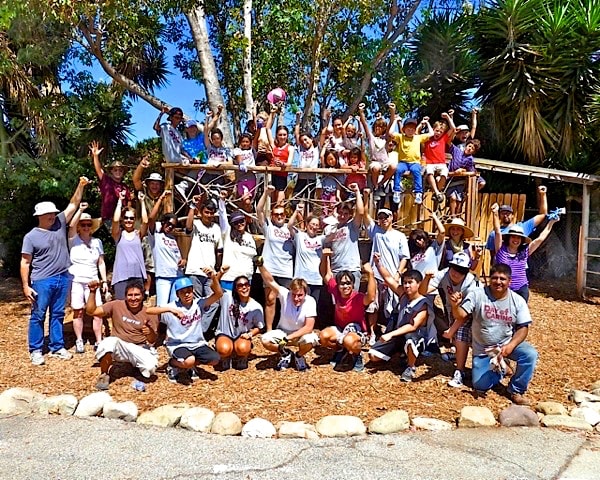Abraham Maslow believed that one of our most essential needs is to feel loved and needed by those around us. Once we have this stability, he also believed we naturally apply energy to the matter of esteem or establishing a sense of significance in the broader world.
In today’s world, success is often the pillar of esteem — validating our personal well being with a raise, professional accomplishments, our circle of friends or belongings. The pitfalls of this approach to esteem building have been well documented.
Most recently, extensive research on this topic by University of Texas at Austin business professor, Raj Raghunathan, led him to publish the book: If You’re So Smart, Why Aren’t You Happy?
In Raghunathan’s interview in The Atlantic he talks about why being educated, rich and accomplished doesn’t correlate to happiness. Raghunathan says there are three distinct pillars to a life of well being, which are completely unrelated to our traditional hallmarks of success — meaningful work, strong relationships and living for something beyond yourself.
And yet when it comes to parenting and educating our children we tend to focus on the more traditional measures of success. Pew Research from 2014 says parents mostly value responsibility and hard work in their children and there is a growing pressure to succeed in school in very traditional ways.
As it is in many education endeavors, the research would suggest a different approach since traditional success measurements and pursuits do not contribute to a life filled with well-being or happiness. Don’t most people, after all, want their children to be happy?
If they do, an arguably better approach to living well and leveraging our unique value is the development of significance over success. Success being about using personal gifts for personal gain, and significance being about using our unique value to add value to the world.
Dr. Madeline Levine believes we need to cultivate significance vs. success with our children at home and in education environments. She says, “Our job is to help [children] know and appreciate themselves deeply, to be resilient in the face of adversity, to approach the world with zest, to find work that is satisfying, friends and spouses who are loving and loyal, and to hold a deep belief that they have something meaningful to contribute to the world.”
TEDx Speaker and social justice entrepreneur, Jacqueline Novogratz, calls living a life of significance a “life of immersion,” and speaks specifically about being emerged in what we value. When she speaks of success, she says, “Income is not the link. What we really yearn for as human beings is to be visible to each other.”
She goes on to say that significant people are the ones who take their resources and the resources around them to change the world in a positive way. And then adds that as a global community we must shift our culture away from honoring success to honoring significance, “When we honor [significant] people, the world will really change.”
What better place to begin “honoring” significance over success than in our schools and classrooms. This can be fostered in many different ways, but a de-emphasis on grading and testing is a valuable start. Children who achieve “As” are successful and those who do not are not successful. But this, of course, is not true.
Success, like intelligence, can be defined in many ways. A socially kind, empathetic child, who brings children together or resolves conflicts for their friends is incredibly valuable and successful. But there is little room in our traditional education environment to “honor” such a child. Are they less successful than a non-empathetic child who receives straight A’s? Perhaps not. Would they feel less successful in many of today’s schools? Most certainly.
In fact, personal and comparative success seems to be the primary definition of success in schools, whereas collaborative success or the significance of contributing to a whole is highly undervalued.
This is particularly a shame considering that valuing significance over success depends upon valuing our connection to one another. Neuroscientist Matthew Lieberman discusses in his book Social: Why Our Brains Are Wired to Connect and TEDx talk, our deeply embedded, biological drive to connect and be valued within that connection. He sees humankind’s sense of self as having an equally strong desire to be defined in harmony with others while also seeking to add unique value.
If our connection to one another is a linchpin to our well being and our desire for significance is social, it makes sense that we will be more satisfied with life if we use our talents and resources in the service of more than ourselves.
And again, schools would be wise to educate children with this in mind and begin to honor more than the hallmarks of “traditional success.” They should also honor the attributes that develop a world of, as Orr says, “peacemakers, healers, restorers, storytellers, and lovers of every kind.”
Photo credit: Waldorf School of Santa Barbara, on Clean-Up Day





